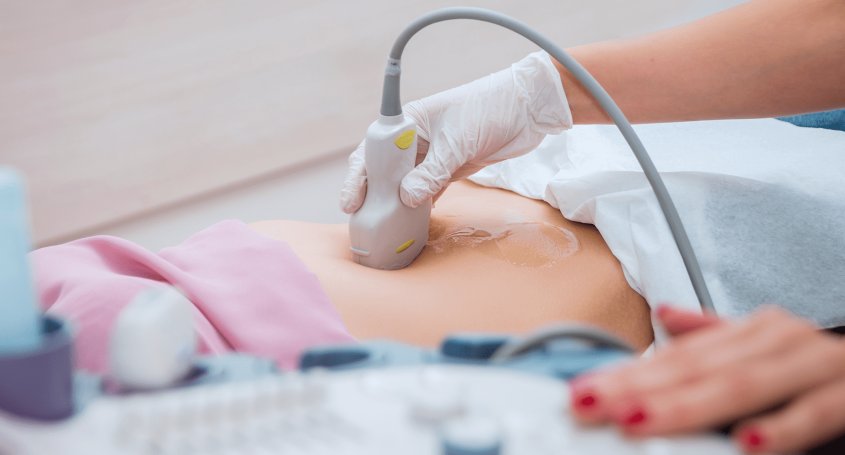It seems people are worried about the risks of assisted reproduction techniques (ART). That’s not new, but recently some concerns about problems in the offspring have arisen by general newspapers seeking for juicy headlines. Fertility drugs have been related to child leukemia, ICSI to higher risks of birth defects and ART in general to a generalized vascular dysfunction. Bad times for ART? Definitely not!
Firstly, I’d like to quote Glenn Schattman, MD, President of the Society for Assisted Reproductive Technolog (SART):
“It is important to note that women with a history of infertility who did not undergo ART treatments also had a higher increase of having children with birth defects. This combined with the finding that those using ICSI also had slightly elevated risks of birth defects suggest that the underlying problem that led them to seek medical assistance in the first place is likely contributing to the elevated risk of birth defects in their children.
We will need much more research to allow us to help patients overcome their infertility with treatments that are as safe as possible for them and the children born from the treatments.”
If you take a scientific view of these studies you realize that all of them, although demonstrating some slightly increased risks, show lack of consistency.
As regards to the study that relates child cancer to fertility drugs, Professor Simon Fishel, chief executive of Care Fertility, states “it did not make sense that the research found an association for those who underwent ovarian stimulation, but not IVF”. Curiously in IVF higher doses of fertility drugs are used. Does it mean that the higher the dosage is, the lower the risk of having leukemia? Quite unlikely! On the other hand, I've been working in this field for more than 15 years with thousands of egg donation cycles done... We've always encouraged recipients to let us know any health problem their offspring may have, especially leukemias since egg and sperm donors can be a potential bone marrow donor for their child, and so far no one has contacted me (I may have done more than 6000 egg donation cycles during this time). I'm sure that there could have been some cases that could have decided not to contact us, but as the article’s oncology specialist has stated, the incidence is absolutely minimal.
The study that has shown a vascular dysfunction has worked with a very limited number of cases, just 65 babies. The number of naturally conceived siblings of ART children was just 5… only 5 to be compared to… so, honestly, no real clinical conclusion can be obtained from such small groups. And in fact, the group has shown vascular abnormalities, not health problems. We’re not sure whether these findings will evolve into real diseases.
Last but not least, I’d like to make some comments on a recently published article in the New England Journal of Medicine relating ICSI to birth defects. In my honest opinion there are two types of ICSI. The ICSI which is indicated due to a severe male factor that makes it necessary and the ICSI which is done as a routine procedure to increase the fertilization rates but with no male factor associated. The genetic backgrounds behind these two groups are completely different and so must be the risks of the offspring. It’s well known since the early 90’s, thanks to Prof. Egozcue’s work (and as Dr. Schattman has stated at the beginning of this article), that patients with really low counts of sperm have a higher risk of meiotic errors (this basically means an abnormal DNA in the sperm). Up to 18% of these patients may have this problem. It seems quite obvious that if we’re using sperm with an increased risk of genetic abnormalities this may lead to an increased risk of genetic problems in the offspring. As a matter of fact, we perform ICSI as a routine procedure in egg donation, even when we use sperm donation, and we’ve never noticed an increased risk in the offspring of this group of patients (in Catalonia we have a National ART registry called FIVCAT since 2001). Therefore, the likelihood that ICSI itself is the reason of this increased risk is really low.
Also this study confirms, as all others do, that being infertile increases itself the risk of having birth defects by a 25%, even if you get pregnant without treatment. Consequently, we should NEVER forget the role that infertility plays in these facts.
That said, I agree with Dr Schattmann’s claim of needing more and more research in order to guarantee a healthy offspring to those couples that “wander in the wilderness” of infertility treatments. Nevertheless, I cannot agree with the general press’ trend of seeking for sensationalist headlines and articles that unnecessarily scare patients. Remember, general press is not, by far, well informed about what’s going on in reproduction. Do yourself a favor and always ask your doctor about any news you may read and let him advise.














